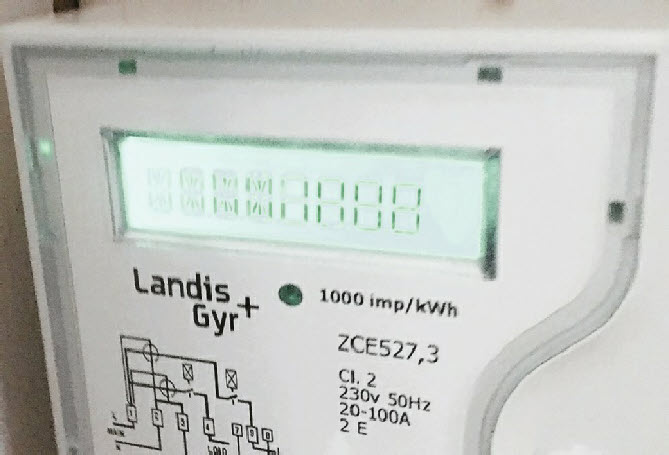Over 165,000 households and businesses in Scotland could face increased electricity
bills during a major outdated off-peak meter shutdown.
The Radio Teleswitch (RTS) meter network uses radio signals to tell some electricity
meters to switch to cheaper off-peak rates at night.
The system was introduced in the 1980s and has reached the end of its natural operational life.
All these meters are being switched off in this summer and affected families risk problems with their heating and hot water unless they change to a new meter in time.
Many energy meters in Scotland - particularly in rural and island areas - presently
rely on this service.
Replacement smart electricity meters can be directly programmed to deliver similar capability as the old RTS equipment.
Climate action minister, Alasdair Allan, has called on the UK Government to direct
‘urgent and proportionate action’ to protect tens of thousands of Scottish households
ahead of the planned switch-off.
He wants the UK Government to fine companies who fail to replace the RTS with smart meters.
Dr Allan said: “It’s concerning to see that more than 165,000 Scottish households and properties are still using the RTS service.
“If RTS equipment isn’t replaced by the switch-off date, not only could households,
businesses, and public sector organisations be limited to a more expensive single-rate
tariff.
“They may also no longer be able to rely on their heating and hot water switching on and off as expected, with the risk of them staying permanently on or off.
“I have written to the UK Government to record our growing concerns around the RTS
switch-off and to highlight that significantly more needs to be done to protect consumers
and maintain access to affordable energy.
“I believe that there must, as a matter of urgency, be RTS-related obligations included
in Ofgem licence conditions on both suppliers and the Data Communications Company
(DCC) that compel both to use every tool available to ensure households and businesses
across the country are not left behind.
“If consumers have any questions, I encourage them to contact their supplier in the first instance. Free and impartial advice and support is also available from Advice Direct Scotland or Citizens Advice Scotland.”
Although 99.3% of the UK is covered by the smart meter communications network, there are many parts of Scotland, particularly rural and island areas, where it is not currently accessible.
Dr Allan also requested that energy companies offer a suitable alternative to communities who cannot access the smart meter communications network and called on the UK Government and Ofgem to update current regulations to allow the DCC to use mobile technology to provide a signal to those rural and island locations.
A Department for Energy Security and Net Zero spokesman said: “We are working closely with Ofgem and energy suppliers to upgrade meters and ensure the transition is as smooth as possible for consumers.
Tens of thousands of Scottish households risk higher heating bills if meters not replaced
10 January 2025
